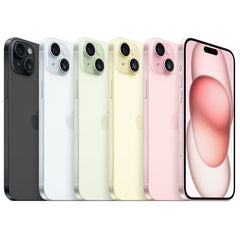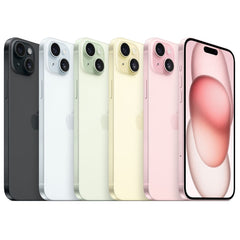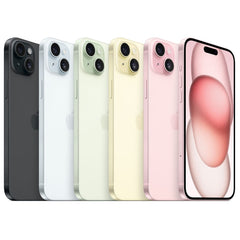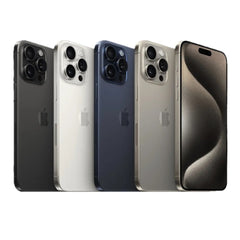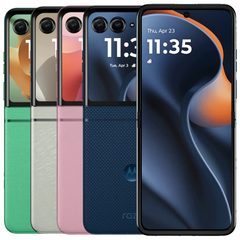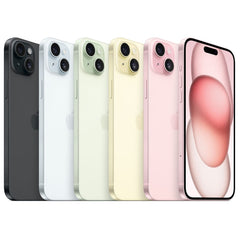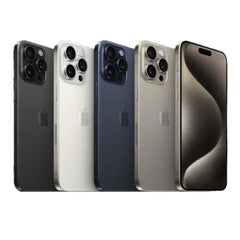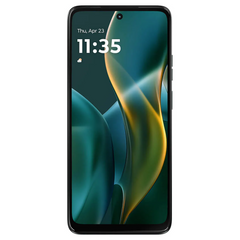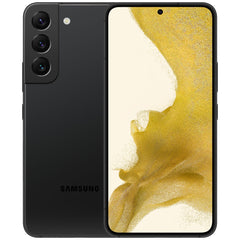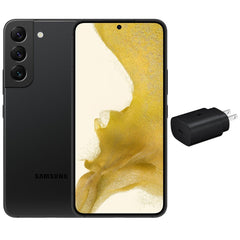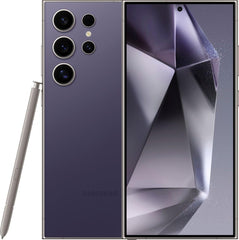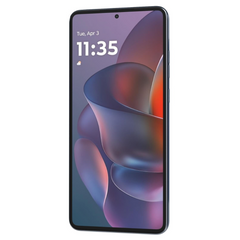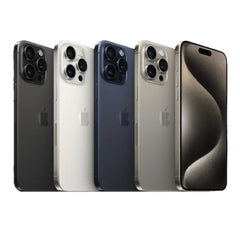Find Devices That Fit Your Needs
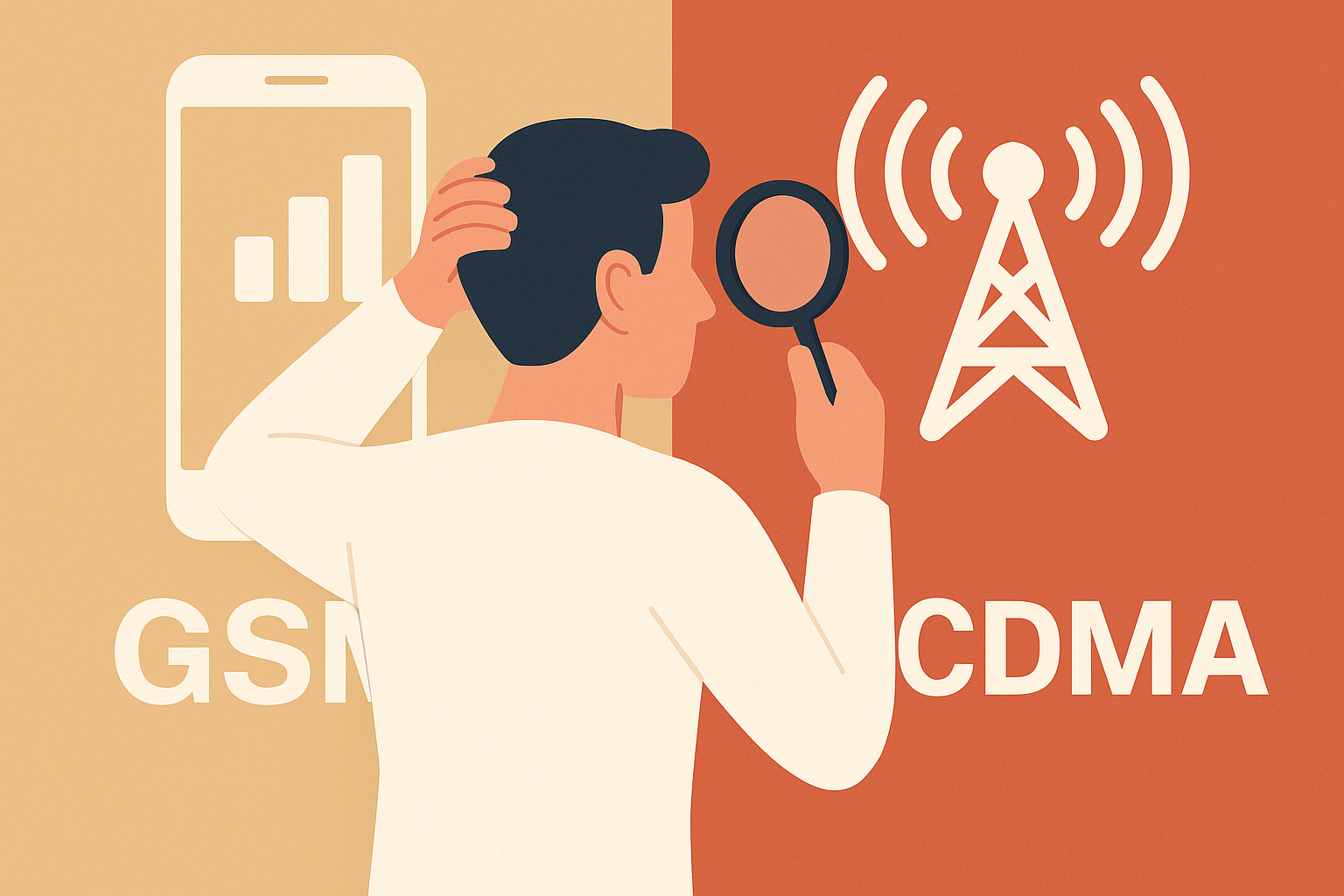
GSM vs. CDMA Carriers in the USA: Which Network is Right for You?
In the world of mobile communications, two primary technologies have shaped the landscape: GSM (Global System for Mobile Communications) and CDMA (Code Division Multiple Access). In the USA, both GSM and CDMA carriers exist, each with its own network infrastructure and unique characteristics. In this blog post, we will delve into the world of GSM and CDMA carriers, explore some of the major carriers in the USA, and understand the key differences between these technologies.
Differences between GSM and CDMA:
1. Technology: GSM and CDMA are different cellular network technologies. GSM uses SIM cards to identify and authenticate subscribers, while CDMA assigns unique identifiers to devices.
2. Network Compatibility: GSM networks are more compatible with global roaming, allowing users to use their devices on different GSM networks worldwide. CDMA devices are generally not as compatible with other CDMA networks, limiting roaming options.
3. Device Compatibility: GSM devices are generally more flexible in terms of compatibility. They can be easily switched between different GSM carriers by inserting a compatible SIM card. CDMA devices are typically tied to a specific carrier and may require reprogramming or unlocking to switch carriers.
4. Voice Quality: CDMA technology is known for offering better voice quality and call clarity, thanks to its digital transmission and advanced noise-cancellation techniques. GSM networks have made significant improvements in voice quality over the years but may still exhibit variations in different locations.
GSM Carriers in the USA:
GSM technology, known for its global compatibility and interoperability, is widely used in the USA. Here are some of the major GSM carriers in the country:
- AT&T (Works with GSM Unlocked, Fully Unlocked, and one that is Specifically AT&T Compatible Devices.)
- T-Mobile (Works with GSM Unlocked, Fully Unlocked, and one that is Specifically T-Mobile Compatible Devices.)
- Cricket Wireless (Works with GSM Unlocked, Fully Unlocked, and one that is Specifically Cricket Compatible Devices.)
CDMA Carriers in the USA:
While CDMA technology is less prevalent than GSM in the USA, there are still notable carriers that use CDMA networks:
- Verizon Wireless (Will NOT work GSM unlocked. Will only work with Fully Unlocked Devices or one that is Specifically Verizon Compatible.)
- U.S. Cellular: US Cellular is a Unique carrier with special Cellular band requirements, which most unlocked phones are not compatible with. iPhone and Pixel Model phones tend to work for the most part. You can check your compatibility at the link:https://www.uscellular.com/owndevice.
When it comes to purchasing a mobile device, you may come across the terms "fully unlocked" and "GSM unlocked." These terms refer to different types of unlocked devices, each with its own implications. Let's take a closer look at what they mean:
Fully Unlocked Devices:
A fully unlocked device refers to a mobile device that is not tied to any specific carrier or network. It allows you the flexibility to use the device with any compatible carrier of your choice, whether it's GSM or CDMA. With a fully unlocked device, you have the freedom to switch carriers or use international SIM cards while traveling.
GSM Unlocked Devices:
GSM unlocked devices, on the other hand, are specifically unlocked for use with GSM networks, and is the most widely used network technology globally. It is used by carriers such as AT&T and T-Mobile in the USA. A GSM unlocked device will work seamlessly with GSM-based carriers, allowing you to insert a SIM card from any compatible GSM carrier and use their services.
It's important to note that GSM unlocked devices may not be compatible with CDMA-based carriers like Verizon or Sprint. Therefore, if you plan to use a GSM unlocked device with a CDMA-based carrier, it's crucial to check for compatibility beforehand.
|
|
Fully |
GSM |
Carrier |
|
|
Can be used |
Can be used |
Can only be |
|
|
Users have |
Users have |
Users are not |
When purchasing a mobile device, it's advisable to verify the specific unlocking status mentioned by the manufacturer or seller. Fully unlocked devices provide the most versatility, allowing you to use them with any carrier, while GSM unlocked devices are geared towards GSM-based networks.
|
Carrier |
Carrier |
GSM |
Fully |
|
AT&T |
Yes |
Yes |
Yes |
|
T-Mobile |
Yes |
Yes |
Yes |
|
Verizon |
Yes |
No |
Yes |
|
Sprint |
Yes |
No |
Yes |
|
US Cellular |
Yes |
- Carrier Locked Phones: These phones are locked to a specific carrier and can only be used on that carrier's network. If you want to switch carriers, you will need to have the phone unlocked by your current carrier.
- GSM Unlocked Phones: These phones can be used on any GSM network, including AT&T and T-Mobile.
- Fully Unlocked Phones: These phones can be used on any network, including GSM and CDMA networks.
Remember to check the supported bands and frequencies of the device to ensure compatibility with your chosen carrier's network. It's always recommended to research and confirm device compatibility before making a purchase to avoid any issues or limitations with network compatibility.
Below are the commonly used frequency bands by some major carriers in the USA:
|
Carrier |
4G Bands |
5G Bands |
|
AT&T |
2, 4, 5, 12, 14, 17, 29, 30, 66 |
n1, n2, n5, n71, n41, n77, n260, n261 |
|
T-Mobile |
12, 17, 29, 66, 71 |
n1, n2, n5, n71, n41, n77, n260, n261 |
|
Verizon |
13, 13 (extended), 1900 (PCS), 2100 (PCS), 600, 700 (CDMA), 2500 (mmWave) |
n1, n2, n5, n71, n41, n77, n260, n261, n262, n263, n264 |
|
Sprint |
2500 (mmWave) |
n41 |
Please note that the above list represents a general overview, and specific bands and frequencies may vary based on the region, device compatibility, and network updates. It's always recommended to check with the carrier directly or refer to the device's specifications to ensure compatibility with the carrier's bands before making any decisions.
Conclusion:
Understanding the differences between GSM and CDMA carriers in the USA is crucial for choosing the right carrier and ensuring device compatibility. GSM carriers like AT&T and T-Mobile offer widespread coverage and global compatibility, while CDMA carriers like Verizon Wireless provide extensive coverage within the USA. Consider your specific needs, such as global travel or regional coverage, when selecting a carrier. Additionally, be mindful of device compatibility and the need for unlocking or reprogramming when switching between GSM and CDMA carriers. With this knowledge, you can make informed decisions and find the carrier that best suits your requirements.
|
GSM Carriers |
CDMA Carriers |
|
|
|
















